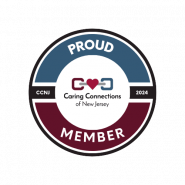Introduction
Maintaining brain health is essential for cognitive function, memory, and overall well-being. While medical interventions can be crucial, there are several non-medical practices that significantly contribute to brain health. This article explores these benefits and offers practical advice for integrating them into your daily routine.
Regular Physical Activity
Engaging in regular physical activity and aerobic exercise is vital for improving brain function, cognitive abilities, and memory. It also reduces the risk of brain disorders such as Alzheimer’s disease. Physically active individuals are more likely to maintain sharp minds, and exercise improves balance, flexibility, strength, energy, and mood. Research suggests that regular physical activity may lower the risk of developing Alzheimer’s disease.
Preventing Head Injuries
Preventing head injuries is crucial for brain health. Wearing protective gear like helmets when engaging in high-risk activities can significantly reduce the risk of brain injury.
Mentally Stimulating Activities
Keeping the brain active is essential for maintaining cognitive function. Engaging in activities such as learning new skills, playing games, reading, and pursuing hobbies can help maintain and improve brain function. Local libraries often offer various activities, and many free games like Block Puzzle Wood Blast, Number Match, and Word Collect are available for download on mobile devices. Video games, crossword puzzles, and seek-and-find games also stimulate brain activity.
Social Interaction
Social engagement is a key factor in brain health. Meeting up with friends and inviting loved ones over can ward off depression and stress, both of which can exacerbate memory loss. Social isolation and loneliness are linked to a higher risk of cognitive decline and Alzheimer’s disease.
Caregiver Self-Care
Caregivers play a critical role in supporting loved ones, but they must also prioritize their own well-being. A 2022 study published in Aging and Mental Health found that 59% of family caregivers experience signs of burnout or compassion fatigue. This can lead to serious physical and mental health consequences, including coronary heart disease and stroke.
Managing Medical Conditions
Certain medical conditions, such as diabetes, heart disease, and high blood pressure, can increase the risk of cognitive problems and stroke, which can damage brain blood vessels. Managing these conditions effectively is crucial for maintaining brain health.
Quality Sleep
Adequate, quality sleep is essential for brain health. Sleep disorders can negatively impact mental functions and cognitive performance. Conditions like sleep apnea can cause memory problems. According to the Mayo Clinic, “sleep is as important as charging your cell phone. A good night’s sleep improves brain function and memory, keeps us alert, and makes daily tasks easier.”
Healthy Diet
A diet rich in brain-healthy foods like leafy greens, fatty fish, berries, tea/coffee, and walnuts is linked to better cognitive performance. Incorporating fresh brain-healthy fruits into recipes or as snacks can provide significant benefits.
Avoiding Substance Abuse
Limiting alcohol and avoiding drug abuse is crucial for brain health. These substances can impair brain cell communication and function, leading to long-term cognitive decline.
Conclusion
The brain, though only about 3 pounds, is a powerhouse of personality, memory, thoughts, emotions, and movements. Billions of nerve cells, called neurons, in your brain make all this possible. If they aren’t working properly, it can affect muscle movement, sensation, and cognitive speed. By integrating regular physical activity, mentally stimulating activities, social interaction, quality sleep, a healthy diet, and avoiding substance abuse, you can significantly enhance your brain health.
While non-medical benefits and practices are essential, sometimes they are not enough. Princeton Medical Institute, a clinical trials site, offers novel therapies. With over 40 years of experience in the industry for Alzheimer’s and dementia, PMI provides advanced options for those in need.
For More Information
Princeton Medical Institute
Woodlands Professional Building
256 Bunn Drive, Suite 6
Princeton, NJ 08540
Phone: (609) 921-6050



